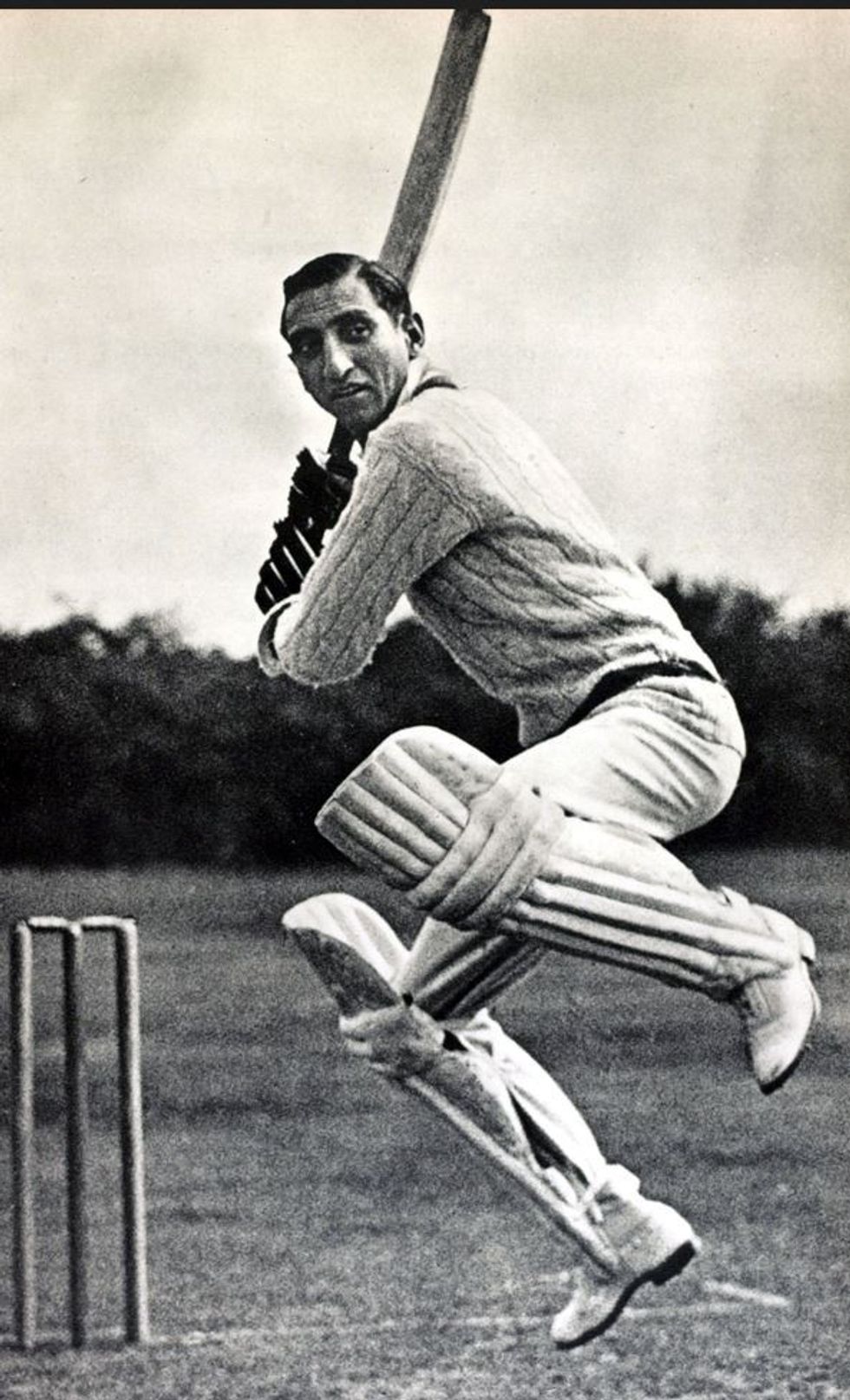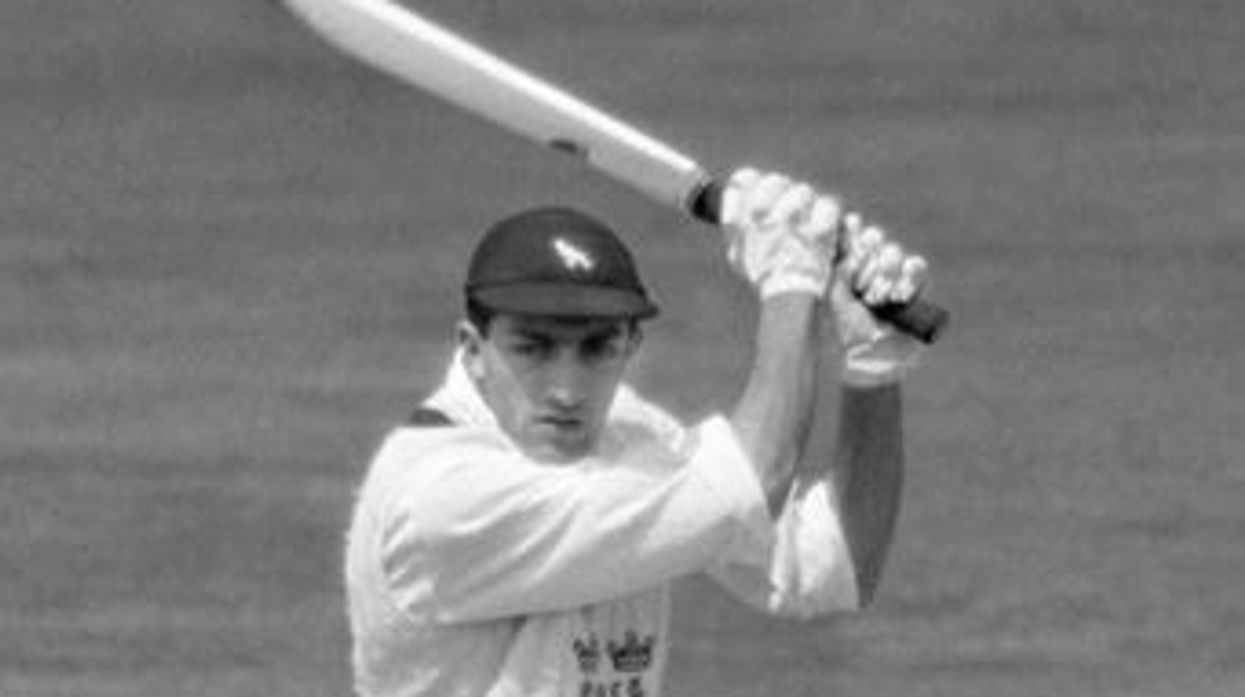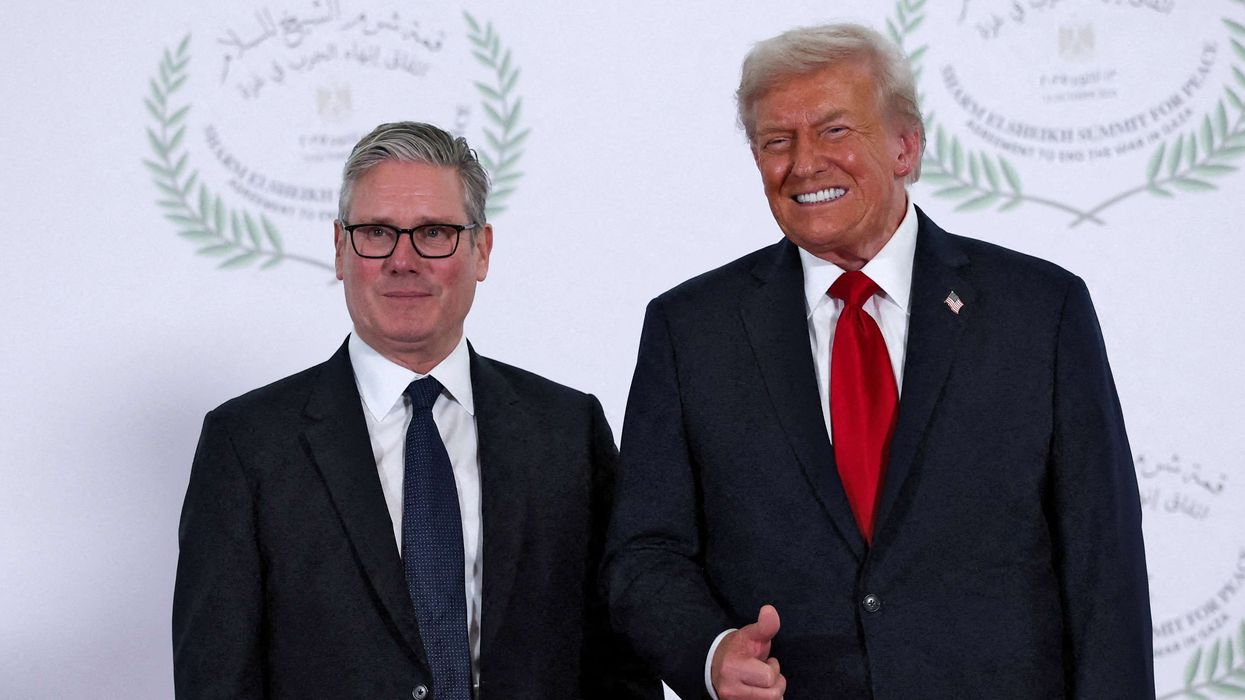LIKE the proverbial curate’s egg, the 317-page report by the Independent Commission for Equity in Cricket chaired by Cindy Butts on how to eradicate racism from the game is good in parts.
I am afraid I don’t agree with some of its 44 recommendations, such as the one which urges the MCC to get rid of the annual Oxford vs Cambridge and Eton vs Cambridge matches at Lord’s.
Recommendation No. 18 by the commission states: “We recommend to MCC that the annual fixtures between Eton and Harrow and between Oxford and Cambridge are no longer played at Lord’s after 2023. These two events should be replaced by national finals’ days for state school U15 competitions for boys and girls (see recommendation no. 38) and a national finals’ day for competitions for men’s and women’s university teams.”
To my mind, there is a distinction between elitism and tradition. The Eton vs Harrow match began in 1805, while that between Oxford vs Cambridge fixture was first played in 1827. The MCC did try to get rid of these matches, but had to reinstate them after a rebellion by members.
Over the decades, many Indians – from Prince Ranjitsinhji and his nephew Duleepsinhji to the nawabs of Pataudi, father and son – have won “Blues” (dark Blue for Oxford, light for Cambridge) by playing for either university.
Indians who represented Oxford and progressed to playing Test cricket for India include: Abbas Ali Baig (10 Tests); RV Divecha (5); AH Hafeez (he called himself Hafeez Kardar when he played for Pakistan) (3); Iftikhar Ali Khan Siddiqui, the 8th Nawab of Pataudi (3); and his son, Mansur Ali Khan (“Tiger”), the 9th Nawab of Pataudi (46).
Jahangir Khan played for Cambridge and four Tests for India.
Those who played for Oxford and for Pakistan include: Javid Burki (25); AH Kardar (23); and Imran Khan (70). Majid Khan played for Cambridge and 63 Tests for Pakistan.

Available in the well-stocked MCC library at Lord’s is perhaps the best book on the Varsity match – Oxford and Cambridge Cricket, by George Chesterton and Hubert Doggart, which was published in 1989. Incidentally, Doggart, who played for Cambridge and England, was cricket master at Winchester, when Tiger Pataudi left a batting legacy at the school which stands to this day. (Rishi Sunak was head boy at Winchester, incidentally).
“The history of Oxford and Cambridge cricket is central to a study of the game’s development,” the book sums up. “The Varsity match is the oldest first-class fixture in the cricket calendar, 1989 witnessing the 145th meeting between the two sides. During that period, they have produced 126 Test cricketer blues, including 43 captains of their respective countries.” The introduction is written by the late EW Swanton, long time cricket correspondent of The Daily Telegraph.
He said: “Oxford and Cambridge cricket and cricketers have had an unparalleled influence on the evolution of the game ….It is an influence, need one say, wholly for the good..… University cricket runs like a bright thread through the history of the game in England, with blues of both shades instigating the formation of clubs of all kinds, refreshing the counties from their earliest days by the brand and spirit of their play, and adorning Test teams both at home and abroad.”
Wisden, the cricketing bible, harked back to the Varsity match of 1931 in its report on the 1960 game: “Pataudi emulated the feat of his late father, who played for England and India, by hitting a century in his first university match for Oxford. This is the only instance of father and son reaching three figures in this long-standing fixture. Pataudi batted with memorable grace and skill, using a wide range of strokes…. He batted just under four hours and hit one six and 18 fours.”
Tiger Pataudi was at Balliol College, Oxford, where his father, the 8th Nawab, had also been an undergraduate. The 8th Nawab scored 106 in the first innings and 84 in the second in the drawn 1929 Varsity match, but made history in 1931 when Oxford won by eight wickets. Wisden says the 30,000 spectators who paid to see the 1931 match, “certainly had value for money, with a record broken in one innings, only to have it surpassed in the next, followed by a surprise result”.
For Cambridge, AT Racliffe hit 201, which was the highest score in a Varsity match, only to see it broken the very next day by Pataudi with 238 not out for Oxford. Wisden’s match report said “Pataudi, after batting for four hours and twenty minutes, passed Ratcliffe’s score, and then proceeded to hit away with refreshing freedom…Enthusiastically cheered on retiring, Pataudi played splendid cricket for nearly five hours , scoring all round the wicket with delightful ease and freedom..…The hits of his 238 not out – his sixth hundred of the season – included 19 fours, 12 threes and twos.”
The commission should understand that cricket has been disappearing from state schools because over the last 50 years, sports fields have been sold off.
Today, Azeem Rafiq’s case withstanding, there are many Pakistani origin players in English cricket, among them Moeen Ali, Adil Rashid and Rehan Ahmed. But Indians are conspicuous by their absence. I would like to understand why – especially as there are so many Indian boys playing for private schools. It may be there are more career opportunities open to Indians.













